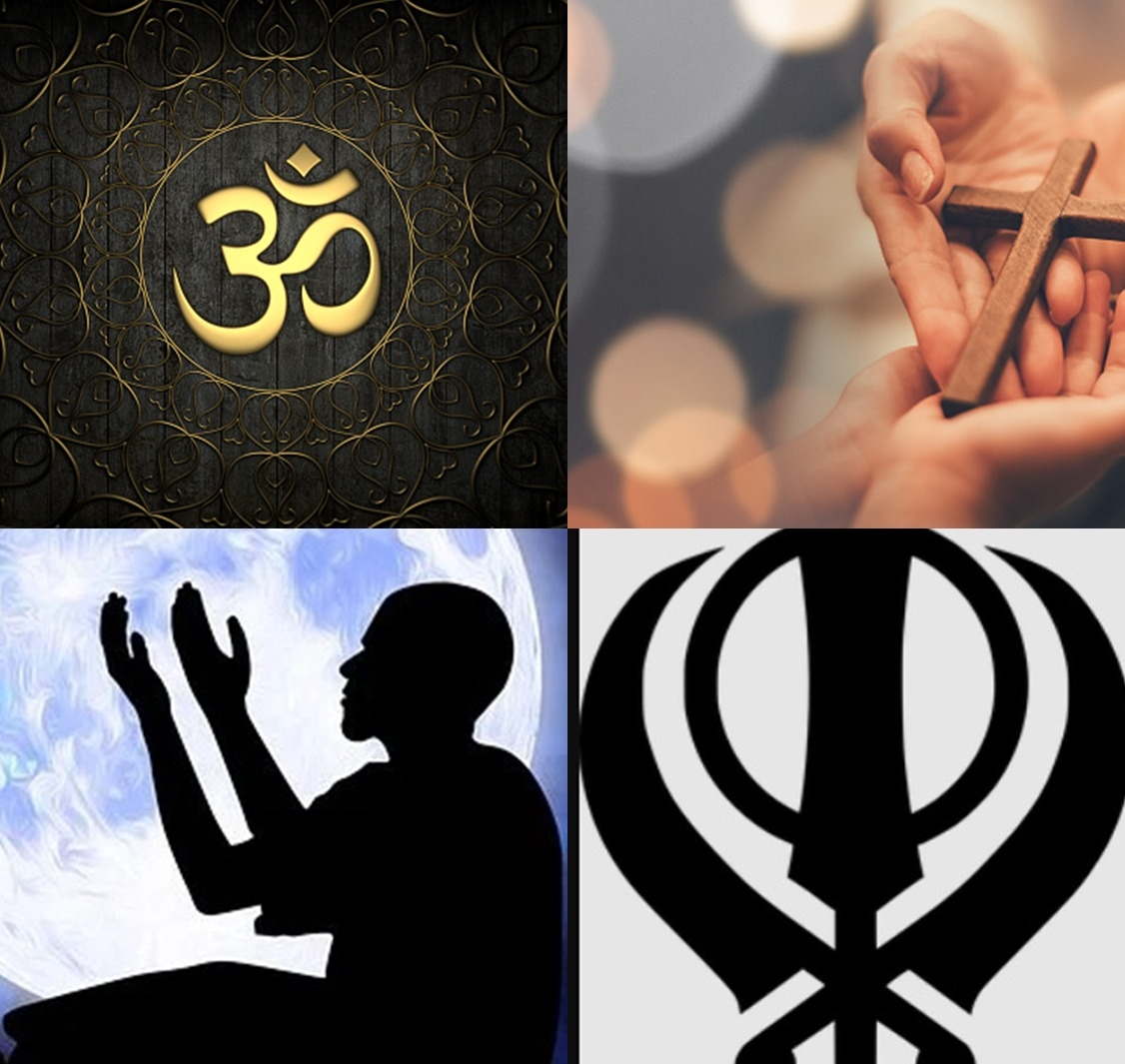More than 70 years after India became free from British rule, Indians generally feel their country has lived up to one of its post-independence ideals: a society where followers of many religions can live and practice their faith freely, according to a Pew Center survey.
India’s massive population is diverse as well as devout. Not only do most of the world’s Hindus, Jains and Sikhs live in India, but it also is home to one of the world’s largest Muslim populations and to millions of Christians and Buddhists.
The latest survey carried out by Pew Research Center of religion across India, based on nearly 30,000 face-to-face interviews of adults conducted in 17 languages between late 2019 and early 2020 (before the Covid-19 pandemic), finds that Indians of all these religious backgrounds overwhelmingly say they are very free to practice their faiths.
Also Read: Let Lord Buddha’s life and teachings guide us to help others in times of Covid-19, says PM
Indians see religious tolerance as a central part of who they are as a nation. Across the major religious groups, most people say it is very important to respect all religions to be “truly Indian.” And tolerance is a religious as well as civic value: Indians are united in the view that respecting other religions is a very important part of what it means to be a member of their own religious community, the survey states.
Common Beliefs
According to the Pew Research Center survey, these shared values are accompanied by a number of beliefs that cross religious lines. Not only do a majority of Hindus in India (77%) believe in karma, but an identical percentage of Muslims do, too. A third of Christians in India (32%) – together with 81% of Hindus – say they believe in the purifying power of the Ganges River, a central belief in Hinduism. In Northern India, 12% of Hindus and 10% of Sikhs, along with 37% of Muslims, identity with Sufism, a mystical tradition most closely associated with Islam. And the vast majority of Indians of all major religious backgrounds say that respecting elders is very important to their faith.
Yet, despite sharing certain values and religious beliefs – as well as living in the same country, under the same constitution – members of India’s major religious communities often don’t feel they have much in common with one another. The majority of Hindus see themselves as very different from Muslims (66%), and most Muslims return the sentiment, saying they are very different from Hindus (64%). There are a few exceptions: Two-thirds of Jains and about half of Sikhs say they have a lot in common with Hindus. But generally, people in India’s major religious communities tend to see themselves as very different from others.
Living together separately
Indians, then, simultaneously express enthusiasm for religious tolerance and a consistent preference for keeping their religious communities in segregated spheres – they live together separately.. These two sentiments may seem paradoxical, but for many Indians they are not.
Indeed, many take both positions, saying it is important to be tolerant of others and expressing a desire to limit personal connections across religious lines. Indians who favour a religiously segregated society also overwhelmingly emphasize religious tolerance as a core value. For example, among Hindus who say it is very important to stop the interreligious marriage of Hindu women, 82% also say that respecting other religions is very important to what it means to be Hindu. This figure is nearly identical to the 85% who strongly value religious tolerance among those who are not at all concerned with stopping interreligious marriage.
In other words, Indians’ concept of religious tolerance does not necessarily involve the mixing of religious communities. While people in some countries may aspire to create a “melting pot” of different religious identities, many Indians seem to prefer a country more like a patchwork fabric, with clear lines between groups.
Indians see religious tolerance as a central part of who they are as a nation. Across the major religious groups, most people say it is very important to respect all religions to be “truly Indian.” And tolerance is a religious as well as civic value: Indians are united in the view that respecting other religions is a very important part of what it means to be a member of their own religious community, the survey states.
Also Read: Yogi becomes 1st CM to visit AMU



















